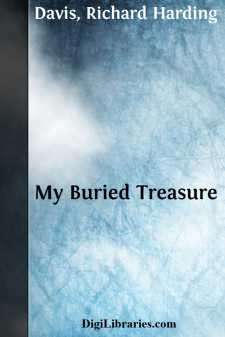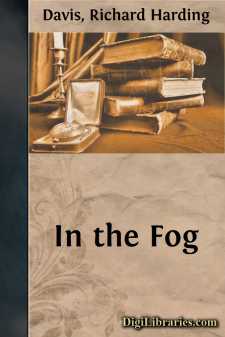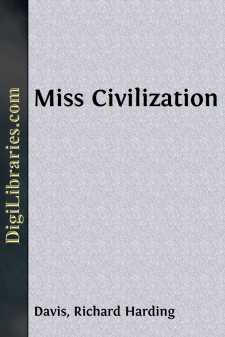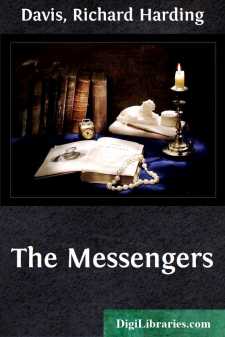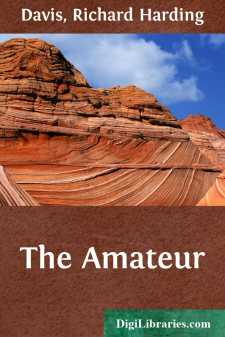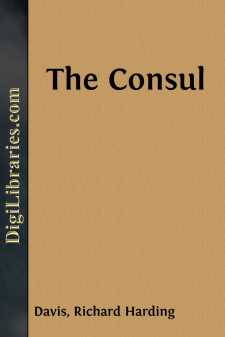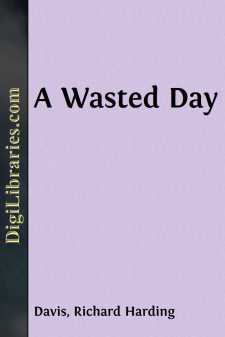Categories
- Antiques & Collectibles 13
- Architecture 36
- Art 48
- Bibles 22
- Biography & Autobiography 816
- Body, Mind & Spirit 145
- Business & Economics 28
- Children's Books 17
- Children's Fiction 14
- Computers 4
- Cooking 94
- Crafts & Hobbies 4
- Drama 346
- Education 58
- Family & Relationships 59
- Fiction 11834
- Foreign Language Study 3
- Games 19
- Gardening 17
- Health & Fitness 34
- History 1378
- House & Home 1
- Humor 147
- Juvenile Fiction 1873
- Juvenile Nonfiction 202
- Language Arts & Disciplines 89
- Law 16
- Literary Collections 686
- Literary Criticism 179
- Mathematics 13
- Medical 41
- Music 40
- Nature 179
- Non-Classifiable 1768
- Performing Arts 7
- Periodicals 1453
- Philosophy 66
- Photography 2
- Poetry 897
- Political Science 203
- Psychology 45
- Reference 154
- Religion 516
- Science 126
- Self-Help 85
- Social Science 82
- Sports & Recreation 34
- Study Aids 3
- Technology & Engineering 59
- Transportation 23
- Travel 463
- True Crime 29
Our website is made possible by displaying online advertisements to our visitors.
Please consider supporting us by disabling your ad blocker.
My Buried Treasure
Description:
Excerpt
This is a true story of a search for buried treasure. The only part that is not true is the name of the man with whom I searched for the treasure. Unless I keep his name out of it he will not let me write the story, and, as it was his expedition and as my share of the treasure is only what I can make by writing the story, I must write as he dictates. I think the story should be told, because our experience was unique, and might be of benefit to others. And, besides, I need the money.
There is, however, no agreement preventing me from describing him as I think he is, or reporting, as accurately as I can, what he said and did as he said and did it.
For purposes of identification I shall call him Edgar Powell. The last name has no significance; but the first name is not chosen at random. The leader of our expedition, the head and brains of it, was and is the sort of man one would address as Edgar. No one would think of calling him "Ed," or "Eddie," any more than he would consider slapping him on the back.
We were together at college; but, as six hundred other boys were there at the same time, that gives no clew to his identity. Since those days, until he came to see me about the treasure, we had not met. All I knew of him was that he had succeeded his father in manufacturing unshrinkable flannels. Of course, the reader understands that is not the article of commerce he manufactures; but it is near enough, and it suggests the line of business to which he gives his life's blood. It is not similar to my own line of work, and in consequence, when he wrote me, on the unshrinkable flannels official writing-paper, that he wished to see me in reference to a matter of business of "mutual benefit," I was considerably puzzled.
A few days later, at nine in the morning, an hour of his own choosing, he came to my rooms in New York City.
Except that he had grown a beard, he was as I remembered him, thin and tall, but with no chest, and stooping shoulders. He wore eye-glasses, and as of old through these he regarded you disapprovingly and warily as though he suspected you might try to borrow money, or even joke with him. As with Edgar I had never felt any temptation to do either, this was irritating.
But from force of former habit we greeted each other by our first names, and he suspiciously accepted a cigar. Then, after fixing me both with his eyes and with his eye-glasses and swearing me to secrecy, he began abruptly.
"Our mills," he said, "are in New Bedford; and I own several small cottages there and in Fairhaven. I rent them out at a moderate rate. The other day one of my tenants, a Portuguese sailor, was taken suddenly ill and sent for me. He had made many voyages in and out of Bedford to the South Seas, whaling, and he told me on his last voyage he had touched at his former home at Teneriffe. There his grandfather had given him a document that had been left him by his father. His grandfather said it contained an important secret, but one that was of value only in America, and that when he returned to that continent he must be very careful to whom he showed it. He told me it was written in a kind of English he could not understand, and that he had been afraid to let any one see it. He wanted me to accept the document in payment of the rent he owed me, with the understanding that I was not to look at it, and that if he got well I was to give it back. If he pulled through, he was to pay me in some other way; but if he died I was to keep the document....


